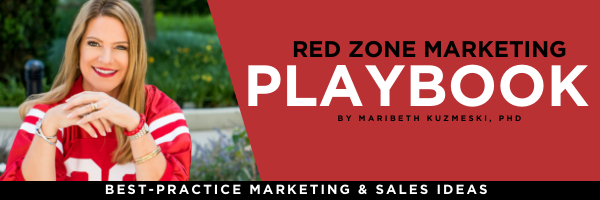LOL, EOD, BRB, TY, and YW might be key elements of the way we communicate in a texting, emailing, social media-obsessed world, but they don’t make for high quality communication or conversation. With communication becoming more and more diluted by technology, there is a higher than ever importance of valuing great conversation—an essential element in building strong, mutually beneficial, and profitable relationships for financial professionals.
Conversations are the building blocks of relationships. Without them, we form relationships that are devoid of substance. Unfortunately, we live in a world where the modern MO seems to be more email and less talk. People either think they don’t have the time or don’t think it’s necessary to take the time to have real conversations with each other. But for financial professionals who want to create truly beneficial relationships, it may be helpful to take some time to stop emailing, walk away from the computer, and connect with someone one-on-one through a great conversation.
Here are 6 reasons for re-mastering the art of conversation.
It’s the glue of great relationships. You can email someone regularly, but it is only during a real conversation that a bond with them actually begins to strengthen. Think about this in terms of your professional life. Who do you trust more? The wholesaler who you meet with a few times a year or the one who only communicates via email? Sure, you might enjoy doing business with both of them, but when it comes right down to it, your relationship with the wholesaler you regularly speak to is probably stronger.
It’s the only way to see what someone is saying. Face-to-face conversation is the only way to take in the total message someone is sending. It allows you to take their inflection, emotion, and physical gestures into account along with what they are actually saying. It also allows you to show that person that you are listening and truly value what they have to say.
Your face, eyes, and body language allow you to give a range of emotions that indicate whether you are following what the speaker is saying. Your face actively captures information. A simple nod of the head or a simple ‘uh-huh’ help you acknowledge that you are really listening to what they have to say.
It’s an opportunity-making skill. Being a conversationalist can lead to great opportunities. Cross-selling new products to your current clients rarely happens through email. More often than not opportunities are agreed upon by a client during a phone or in-person conversation. In your social life, if you want to ask someone on a date or even just make a new friend, you’re going to have to be able to talk to them. Life’s opportunities are sealed with conversation.
It’s a great way to invest in others. The act of listening—the other half of having a great conversation—shows people you care. Have you ever been around someone who just wants to listen to you, wants to hear all about your day, or your recent trip? Someone who is truly interested in you? You might not find them very often, but when you do, they really stick out. When you speak with someone and listen to what they have to say, you are showing them you value them.
It is not a requirement to be the most outgoing person in the room. If you’ve been using your shyness or lack of eloquence as an excuse for relying on technology for a lot of your communication, now’s the time to stop. Being outgoing is not a requirement for participating in or initiating a great conversation. The only requirements are that you be authentic and show that you value what the other person has to say. You don’t have to say anything profound. You don’t have to impress them with your every word. You simply have to participate, actively listen, and be open and honest in what you say.
It’s the best way to mend a broken relationship. There are some situations that should only be handled via a conversation. Mending a broken relationship is one of those situations. When there is an issue with a client, the best course of action is to have a conversation on the phone or in person – even when the conversation might be uncomfortable. I know several financial advisors that have made it standard practice to schedule a face to face meeting with an unhappy client. And, believe it or not, they will often create additional sales by simply getting in front of the unhappy client! It happened because the client has an opportunity to share how they feel, see that you care, and remember why they decided to do business with you in the first place.
If you’ve lost an appreciation for the art of conversation, it’s time to re-open that door. Behind it are stronger relationships, more opportunities, and a more satisfying way of running your business.


